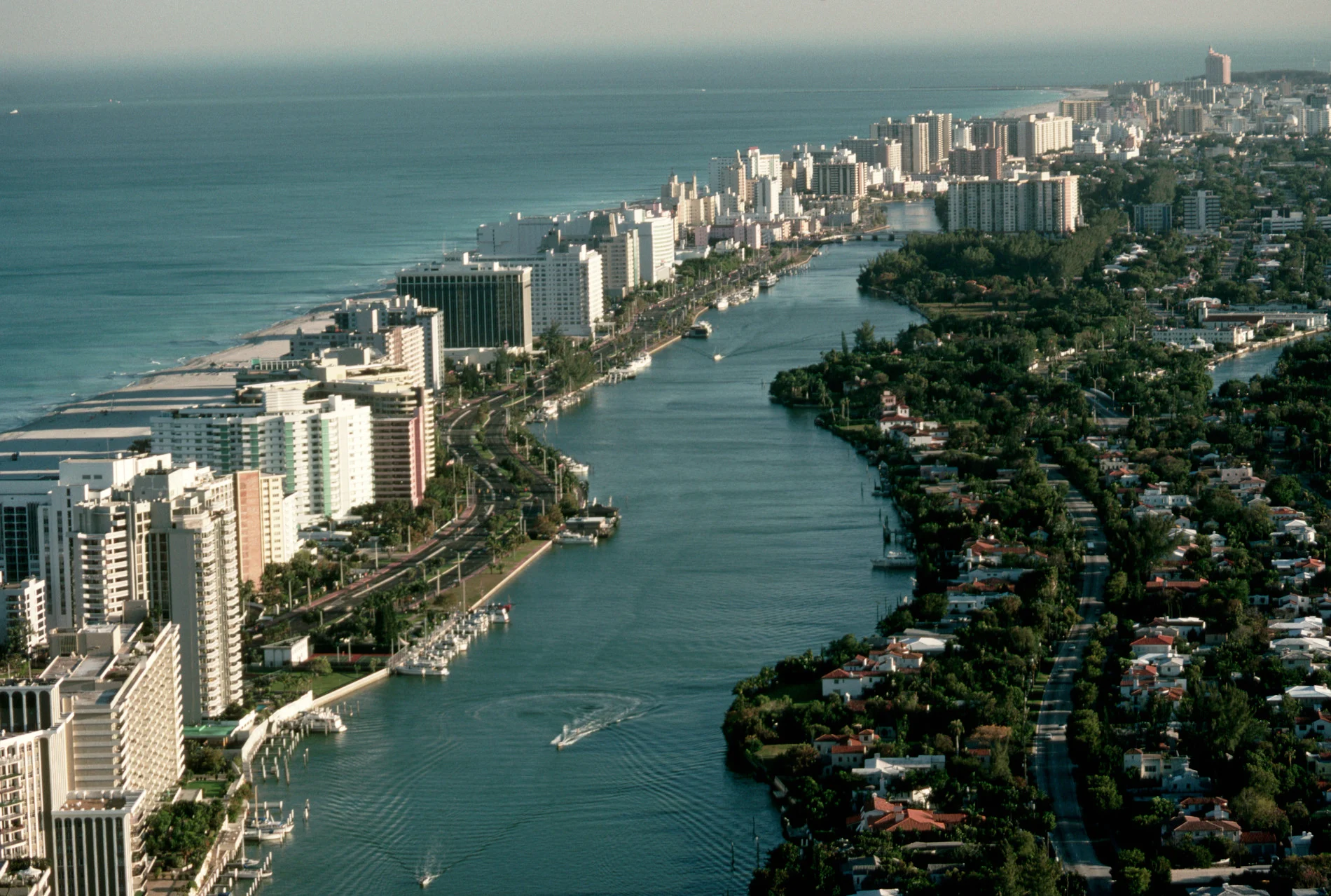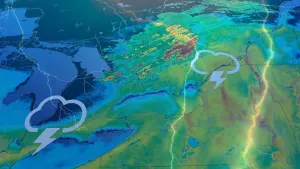
Arrests made after Florida yacht seen dumping balloons into the ocean
Balloons are a notorious source of plastic pollution in the environment and researchers say that biodegradable options are not viable alternatives.
Biscayne Bay, Florida is home to a delicate ecosystem of coral reefs, mangrove forests, and high levels of biodiversity. This area is also close to downtown Miami, which makes it a popular spot for boaters, some of whom add significant stress to the unique environment.
Outrage erupted on social media after a yacht crew was filmed popping approximately 50 balloons and dumping them into Bayshore Landing Marina in Biscayne Bay.
The concerning scene was filmed by Esteban Bruna, a local yacht broker, who yelled at the crew to stop. Despite his pleas, the crew continued bursting the balloons and tossing them into the wind, where they drifted before landing in the ocean.
This video led to the arrest of two individuals that are now facing felony charges for willful disregard for the environment. Additionally, the Miami-Dade Police stated on Twitter that ten civil citations totalling over $25,000 were issued to others that were involved.
“Our coastal waterways are the natural beauty of our county, and our marine life depends on us to keep them safe,” George Perez, Miami-Dade Police interim director, stated on Twitter.

Aerial view of Miami Beach flanked by the Atlantic Ocean (left) and Biscayne Bay (right). (Kevin Fleming/ Corbis Documentary/ Getty Images)
In an interview with Miami Herald, Bruna stated that he recorded and posted the video to social media to “raise awareness” and hold the polluters accountable.
“I just want people to be responsible boaters. There is only one ocean, we have to preserve it the best way we can,” Bruna stated.
Amid the growing concerns over pollution caused by balloons, biodegradable alternatives are gaining popularity. However, a study by researchers from the University of Tasmania composted “100 per cent biodegradable” balloons and found that after four months the balloons were uncovered “totally unscathed.”
“The implication is that these balloons would have no trouble breaking down in the environment. This appeals to eco-conscious consumers, but really just fuels corporate greenwashing — unsubstantiated claims of environmentally friendly and safe products,” the researchers stated.
Some of the recommendations that the University of Tasmania researchers provided in their study include: do not release balloons outdoors, deflate and bin balloons after use, or consider balloon alternatives, such as bubbles.
According to Ocean Conservancy, there are approximately 200 million tons of plastic floating in the ocean, with an additional 11 million tons entering marine environments each year. Many aquatic species can mistake plastic for food, which can have life-threatening or even fatal outcomes when ingested.
To tackle the broader issue of plastic pollution, the International Union for Conservation of Nature (ICUN) recommends collaboration among governments, researchers, and industries to redesign synthetic materials to be more sustainable. Consumers are encouraged to adopt sustainable choices and reduce their consumption of plastic products.
“More funding for research and innovation should be made available to provide policymakers, manufacturers and consumers with the evidence needed to implement technological, behavioural, and policy solutions to address marine plastic pollution,” stated the ICUN.
Thumbnail image: @mmgoutboarddivision/ CNN











